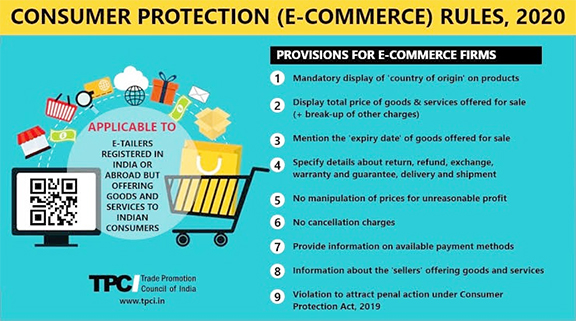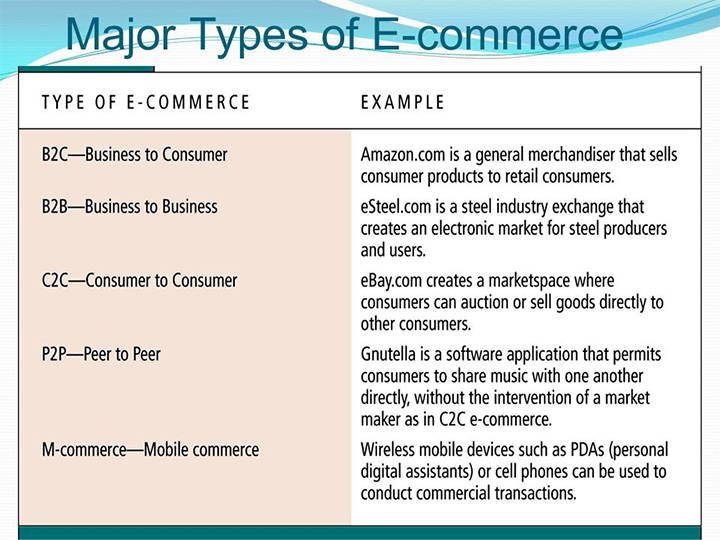Indian Economy
Proposal to Ban ‘Flash sales’ on E-commerce Sites
- 22 Jun 2021
- 4 min read
Why in News
The government proposed changes to the Consumer Protection (e-commerce) Rules 2020, banning all “flash sales” in order to monitor the deep discounts offered on e-commerce websites.
Key Points
- Rationale for Making Changes:
- Conventional flash sales by third party sellers are not banned on e-commerce platforms but only the predatory ones.
- Small businesses complain of misuse of market dominance and deep discounting by e-commerce marketplaces such as Amazon and Flipkart.
- The Ministry of Consumer Affairs has been receiving complaints against widespread cheating and unfair trade practices being observed in the e-commerce ecosystem.
- Certain e-commerce entities are engaging in limiting consumer choice by indulging in ‘back to back’ or ‘flash’ sales wherein one seller on a platform does not carry any inventory or order fulfilment capability but merely places a ‘flash or back to back’ order with another seller controlled by platform.
- Other Important Proposals:
- The e-commerce sites are also directed to ensure appointment of Chief Compliance Officer (CCO), a nodal contact person for 24x7 coordination with law enforcement agencies.
- These companies will also have to name a resident grievance officer who has to be a company employee and a citizen of India.
- To tackle growing concerns of preferential treatment, the new rules propose to ensure none of the related parties are allowed to use any consumer information (from the online platform) for ‘unfair advantage’.
- The companies will also have to identify goods based on their country of origin and provide a filter mechanism at a pre-purchase stage for customers.
- They will also have to offer alternatives to these imported goods to provide a “fair opportunity" to domestic sellers.
- In the event a seller fails to deliver a good or service, the final liability will fall on the e-commerce marketplace.
- E-commerce firms operating in India will also have to register under the Department for Promotion of Industry and Internal Trade (DPIIT), under the Ministry of Commerce and Industry.
- Significance of Proposals:
- This would ensure effective compliance with the provisions of the Consumer Protection Rules, 2020 and also strengthen the grievance redressal mechanism.
- The proposal comes at a time when large e-commerce marketplaces are being investigated by the Competition Commission of India (CCI) for alleged abuse of market dominance and giving preferential treatment to sellers in which they hold indirect stakes.
E-Commerce
- Electronic commerce or e-commerce is a business model that lets firms and individuals buy and sell things over the Internet.
- Propelled by rising smartphone penetration, the launch of 4G networks and increasing consumer wealth, the Indian e-commerce market is expected to grow to USD 200 billion by 2026 from USD 38.5 billion in 2017.
- The Indian e-commerce industry has been on an upward growth trajectory and is expected to surpass the US to become the second-largest e-commerce market in the world by 2034.







